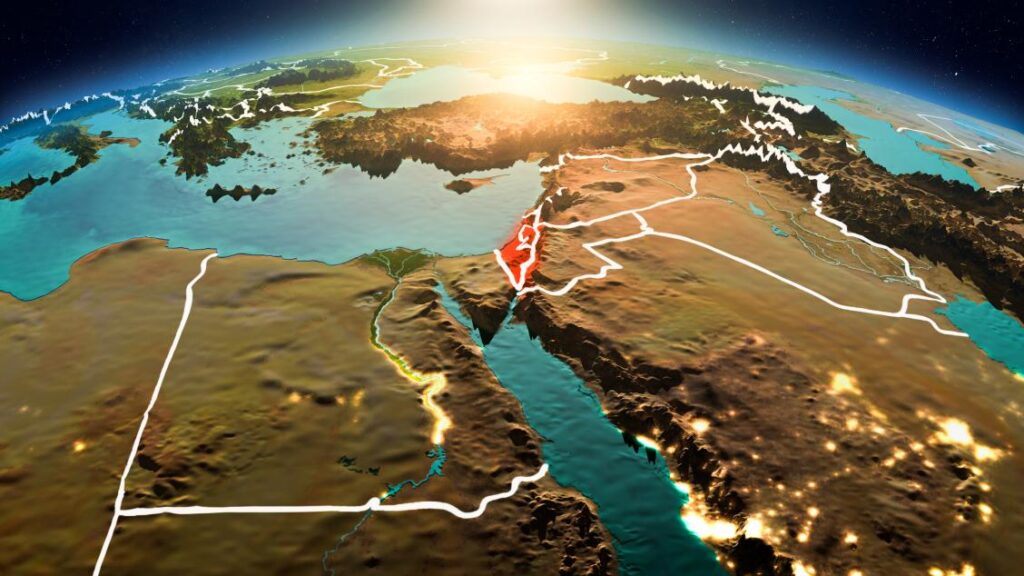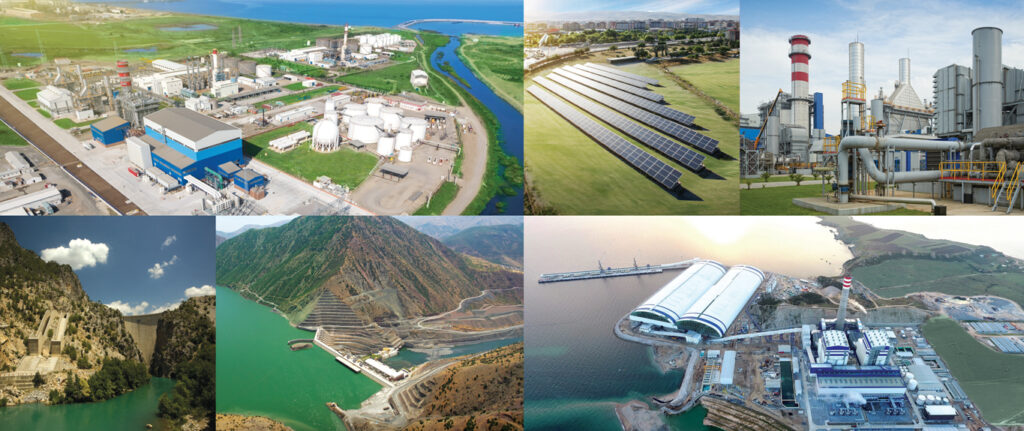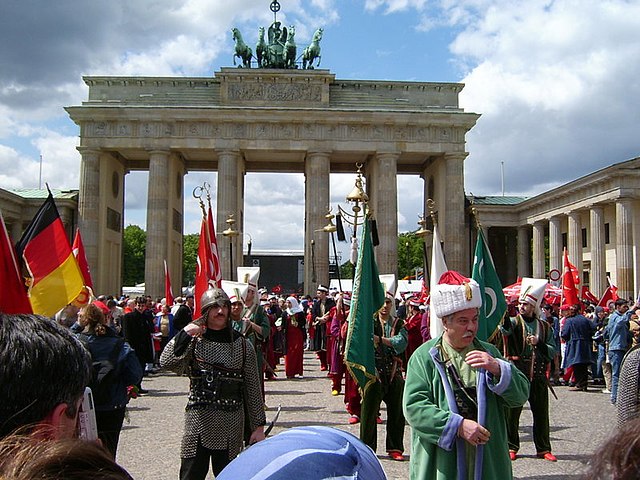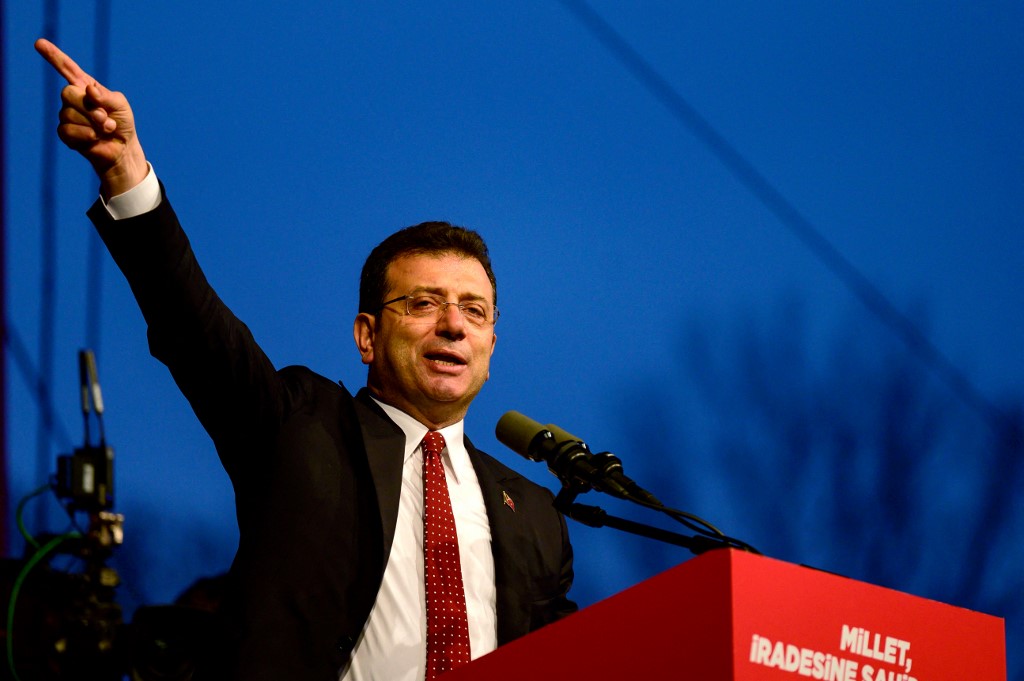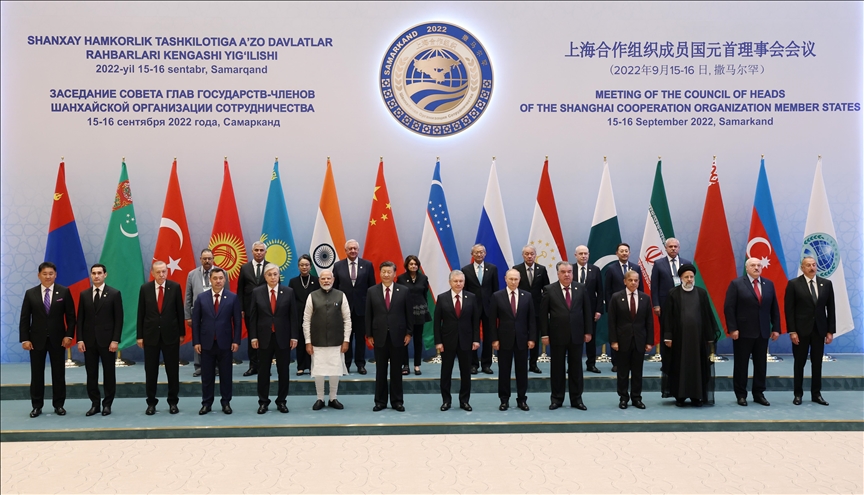Herzog’s Visit Turning Point for Turkiye-Israel Relations
Herzog’s Visit Turning Point for Turkiye-Israel Relations
By ANATOLIA REPORT
March 2022
On March 9, Israel’s President Isaac Herzog paid a two-day landmark visit to Ankara, the first of its kind for an Israeli President in 15 years. Before departing Israel, Herzog said that the aim of his talks with Turkiye’s President Recep Tayyip Erdogan is to reset the bilateral relations undermined by the frequent ups and downs.
The meeting between Erdogan and Herzog discussed issues that range from bilateral to regional, including the Eastern Mediterranean and Ukraine. Following the meeting, Erdogan called the visit a “turning point” and highlighted that strengthening relations with Israel has great value for Turkiye.
In return, Herzog stressed on the importance of the meeting for both countries. While acknowledging that grievances of the past will not disappear, he emphasised that both countries will solve their differences with openness and mutual respect with a particular focus on the future. He highlighted that re-building the bilateral relations will be done in a measured and cautious manner.
The preparations for the visit started as early as July 2021, when the two top officials made a rare phone call. Last February, a delegation of senior Turkish officials flew to Tel Aviv to put the last touches. Their trip came following a secret visit of Israel’s Foreign Ministry Director-General, Alon Ushpiz, to Ankara in January 2022, the first visit of its kind in more than six years.
“For quite some time, discussions between the two countries have been going on under the radar. The year 2020, in particular, witnessed several interesting developments in the Turkiye-Israel relations that went largely unnoticed”
The end of former Israeli Prime Minister Benjamin Netanyahu’s era in June 2021 was critical in facilitating the current rapprochement between Turkiye and Israel. During Netanyahu’s time, the Turkish- Israeli relations were cold and tense at best and enraged at worst. Erdogan accused Israel of committing genocide against Palestinians, while Netanyahu accused Erdogan of being a prime supporter of Hamas.
With the current meeting between Erdogan and Herzog, Turkish officials affirmed that steps taken with Israel would not be at the cost of Palestine, “as some countries have done.” Turkey’s Foreign Minister said “The further normalisation of these relations could enhance Turkiye’s role in the two-state solution.”
Despite the deterioration of relations between Turkiye and Israel in the last decade, the two sides maintained robust economic relations, and have even managed to double bilateral trade in the past six years, from around $4.2 billion in 2015 to a record $8.4 billion in 2021.
For quite some time, discussions between the two countries have been going on under the radar. The year 2020, in particular, witnessed several interesting developments in the Turkiye-Israel relations that went largely unnoticed.
Strategic Interests
Despite budding economic and diplomatic relations, Netanyahu remained the main obstacle to improved Turkiye-Israel relations. By then, it was clear that a set of security-oriented common interests started to crystalize between the two parties. The intelligence channel remained open to tackle challenges.
The proliferation of Iran’s radical Shiite armed militia in the region became a matter of increasing concern for both. Amassing the IRGC’s proxies in neighbouring countries constituted a security threat to both Ankara and Tel Aviv. In Syria, a tacit convergence of interests regarding the presence of Iran emerged. Israel conducted more than a thousand airstrikes against Iranian targets in Syria; Turkey never criticised these attacks.
Moreover, a nuclear-armed Iran is as problematic to Turkiye and Israel as a weak nuclear deal. A nuclear Iran could trigger a nuclear race in the region, while a weak nuclear deal between Iran and the US would boost Iran’s regional influence and threaten the security of Turkiye and Israel.
Despite shared interests, a number of security incidents threatened to undermine relations. In October 2021, Turkish intelligence arrested 15 members of a Mossad spy network. Soon after, Ankara arrested an Israeli couple on charges of political and military espionage for Israel.
“Despite budding economic and diplomatic relations, Netanyahu remained the main obstacle to improved Turkiye-Israel relations. By then, it was clear that a set of security-oriented common interests started to crystalize between the two parties”
The spying networks threatened to jeopardise efforts to normalise relations. But thanks to a phone call between Bennett and Erdogan the couple was released to Israel. Naftali boasted that strong communication between Tel Aviv and Ankara enabled an efficient and discreet resolution of the matter.
However, the most important intelligence cooperation between the two sides occurred when Turkiye uncovered an Iranian spy network tasked with killing an Israeli-Turkish businessperson Yair Geller. Turkish intelligence (MIT) informed the Mossad of the operation and officials from the two sides held a secret meeting in the capital Ankara to coordinate the moves. The Mossad secured Geller to a safe house, while MIT caught the Iranian ring in February 2022.
The Mediterranean Challenges
For years, Turkiye and Israel have mulled plans to transfer fresh water, electricity, gas, and oil between them. Most recently, gas has been one primary motive behind the rapprochement between the two countries. Two critical developments elevated its importance on the bilateral agenda.
First, in January 2022, the US withdrew its support for a gas pipeline that would have connected Israel, Cyprus, and Greece to Europe. Second, Russia’s invasion of Ukraine gave even more importance to finding an alternative to Russian gas for Europe, sparking fears that Moscow is going to weaponize energy during the war.
Since Israel discovered the giant Leviathan Field in 2010, its interest in exporting gas to Europe has increased sharply. To do this, Tel Aviv initially planned to take a route through Crete and Cyprus.
However, as Turkiye fortified its position in the eastern Mediterranean despite attempts to isolate it, Tel Aviv came to realise that routing through Greece would prove impossible, particularly given that Ankara would not allow it to pass through its claimed waters after Turkey was excluded from the East Mediterranean Gas Forum.
As a result, the Israelis kept the Turkish option open by avoiding criticising Turkiye in the Eastern Mediterranean. In March 2021, Israel’s energy minister at the time, Yuval Steinitz, expressed his country’s readiness to cooperate with Turkiye on natural gas and hoped that Turkiye would join the East Mediterranean Gas Forum in the future. Turkiye remains critical for Israel to realise its capacity as a gas exporter to Europe.
“Ankara believes that getting Israel to approve the Turkish pipeline option will be a game changer in the Eastern Mediterranean. It will strengthen its position and bolster Turkiye’s position pushing for every single country in the Eastern Mediterranean to have a seat on the table”
As for Turkiye, Ankara believes that getting Israel to approve the Turkish pipeline option will be a game changer in the Eastern Mediterranean. It will strengthen its position and bolster Turkiye’s position pushing for every single country in the Eastern Mediterranean to have a seat on the table. It will further affirm the centrality of Turkiye as an energy hub and increase its value in the eyes of big energy producers and consumers in the region.
To follow up on the outcome of the Erdogan-Herzog meeting, Turkiye’s Foreign minister is scheduled to visit Israel soon. It remains to be seen, though, whether the two governments will build on this meeting and expedite actions on these issues or if they will procrastinate and wait for further developments.


